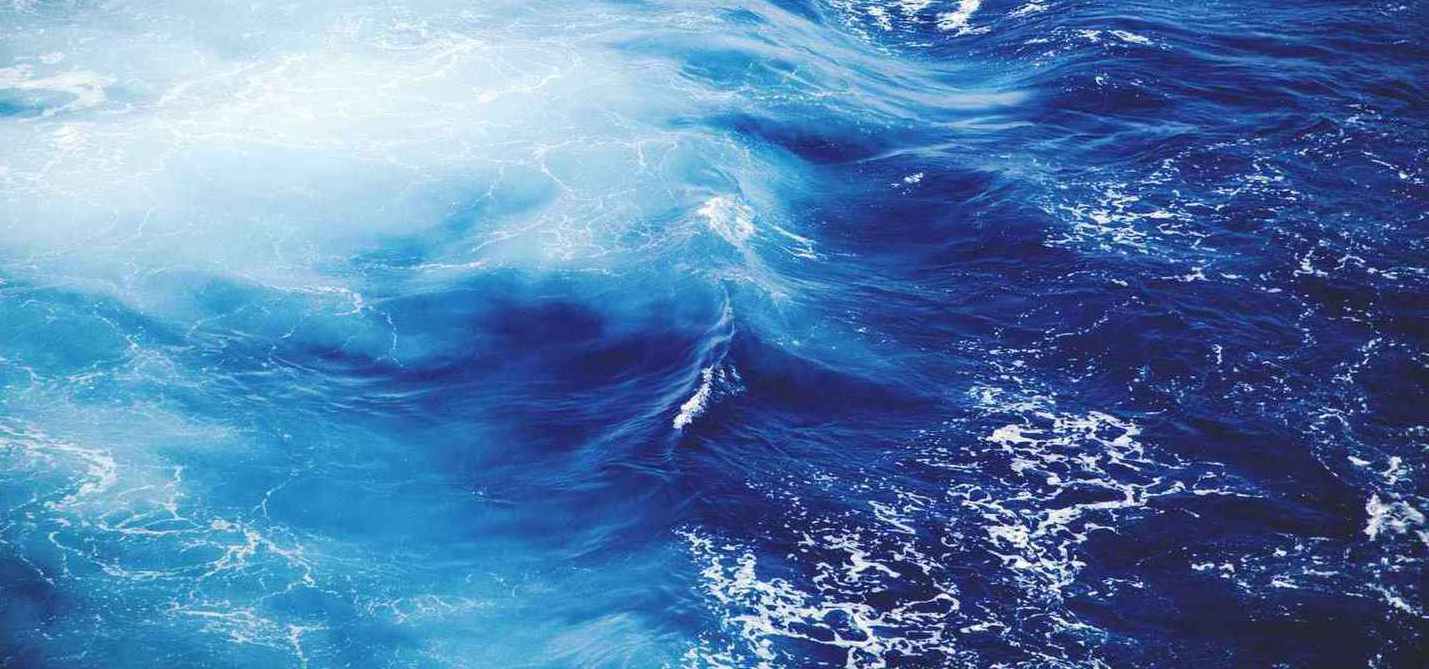This section refers to the concentration of elements such as the oxygen, the carbon, phosphate (etc.) in seawater.
Oxygen is a very important variable as it is absolutely essential for the marine organisms. Too high or too low concentrations of oxygen can deadly affect the aquatic life. The oxygen level in the water is piloted by multiple factors such as the temperature, the amount of plant, bacteria and animals, as well as the nitrate and phosphate levels.
Nutriments such nitrate and phosphate are limiting factors for plant growth. As a consequence, the more concentrated is the water, the faster the vegetation (algae and plants) grows. Vegetation produces oxygen during the day, however during the night it consumes oxygen like all the other organisms. High quantities of vegetation thus lead to extreme variations of the oxygen concentration between day-time and night-time. Moreover, vegetation decomposition process also consumes oxygen. Thus, too high levels of vegetation, due to high levels of nutriments, can result in a decrease in oxygen availability and in the asphyxia of aquatic life.
Monitoring the chemistry of water is thus very important when studying the marine ecosystems. Nutriment concentration can be measured from water sampling or estimated through models.
Unit: g/m3 or mol/m3
Available products over Wales:
- Plymouth Marine Laboratory ERSEM Reanalysis Nitrate
- Plymouth Marine Laboratory ERSEM Reanalysis Ammonium
- Plymouth Marine Laboratory ERSEM Reanalysis Dissolved Inorganic Carbon
- Plymouth Marine Laboratory ERSEM Reanalysis Dissolved Organic Carbon
- Plymouth Marine Laboratory ERSEM Reanalysis Dissolved Oxygen
- Plymouth Marine Laboratory ERSEM Reanalysis Dissolved Silicate
- MetOffice FOAM NRT Oxygen
- MetOffice FOAM NRT Nitrate
- MetOffice FOAM NRT Phosphate
- MetOffice FOAM Reanalysis Oxygen
- MetOffice FOAM Reanalysis Nitrate
- MetOffice FOAM Reanalysis Phosphate

